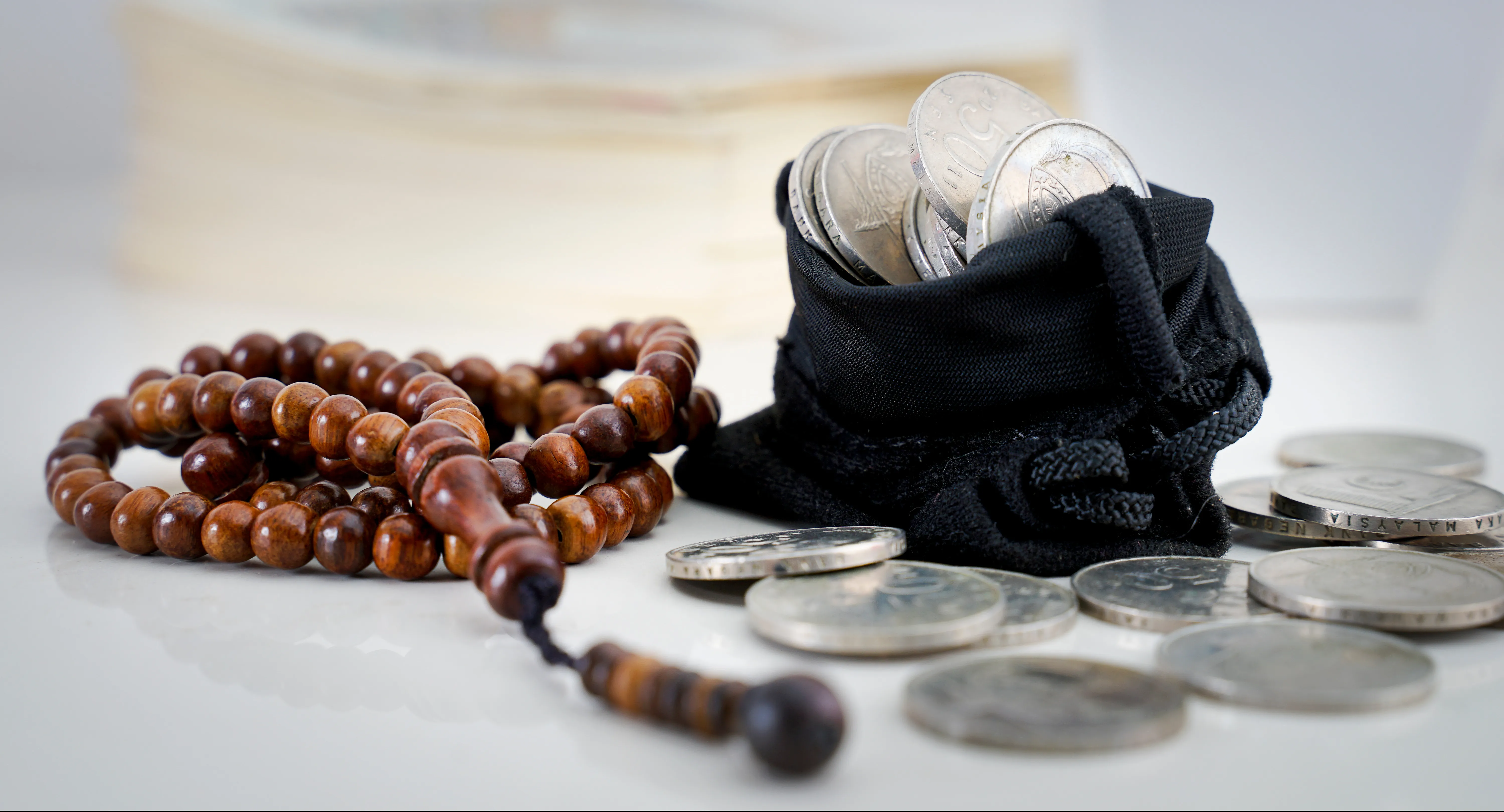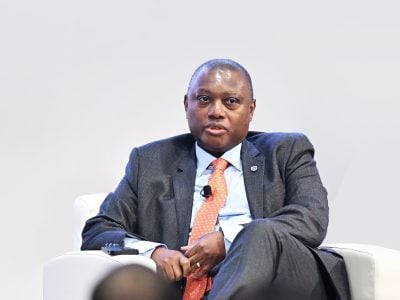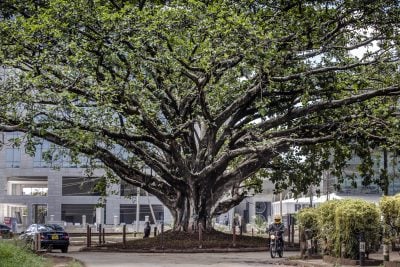Whether it is sheer coincidence or not, 2021 has seen a resurgent interest in Islamic finance in Africa. International ratings agencies Moody’s, Fitch, S&P and various multilaterals have all published reports highlighting its potential – but the take-up so far has been disappointing.
The Islamic finance industry in general has shown remarkable resilience in the wake of the Covid-19 pandemic. Not a single Islamic bank, worldwide, has collapsed over the last year. On the contrary, there have been creative consolidations through mergers: in Saudi Arabia (National Commercial Bank and Samba Financial Group), Indonesia (BNI Syariah and Bank Syariah Mandiri) and UAE (Dubai Islamic Bank and Noor Bank), creating mega challenger banks to the global majors.
Noor Bank already has a gateway footprint in Africa through its subsidiary headquartered in Nairobi.
Sukuk is one asset class that has maintained its poise during the 2020 pandemic, with an estimated $155bn in 2020 (slightly down on the $167.3bn in 2019). S&P forecast global sukuk issuance to increase to over $155bn in 2021, while others project even higher volumes closer, to $200bn.
“We expect GDP growth in core markets to recover from a sharp recession in 2020. We assume the price of oil will stabilise at about $50/barrel in 2021,” says Mohamed Damak, Global Head of Islamic Finance at S&P Global. “These factors underpin a stronger performance by the global sukuk market in 2021 than in 2020,” he explains.
However, the African reality is different. According to the Islamic Financial Services Industry Stability Report 2020, global sukuk outstanding totalled $543.4bn at end 2019, of which South East Asia and the Middle East accounted for $520bn. Africa accounted for a mere $1.8bn.
“Islamic banking,” says Moody’s, “has made little headway in Africa despite the continent’s large Muslim populations. Sub-Saharan Africa (SSA) has around 18% of the world’s Muslim population but its Islamic finance assets make up only 1% of such global assets. The reasons include low levels of banking inclusion, low public awareness, limited domestic savings, and – until recently – scant government attention.”
While that has been the case so far, are the winds of change finally sweeping though the industry in Africa? It would seem so. “We expect Islamic banking assets in Africa to increase noticeably,” maintains Sean Marion, MD, Financial Institutions at Moody’s.
“Africa has huge potential for growth in Islamic banking due to large Muslim populations, a low starting base and growing government interest in the sector. For governments, sector expansion would diversify the funding sources of their economies and reduce financing shortfalls exacerbated by the pandemic.”
He says Egypt, Morocco, Sudan, South Africa, Nigeria and Senegal will lead this growth trajectory in Africa. These countries (except for South Africa) have large Muslim populations and rapidly evolving regulatory and supervisory structures in place for fast growth.
They (except for Egypt) also have a history of sukuk issuance. South Africa, Morocco, Egypt and Nigeria have the largest banking systems in Africa. South Africa also has the most developed capital market and bond issuance infrastructure on the continent.
According to Sean Marion, “African governments have increased their presence in Islamic capital markets in recent years with numerous debut sukuk in 10 countries.”
This follows the adoption of the requisite regulatory and legal frameworks. “We expect the continent’s vast financing needs, which were exacerbated by the pandemic, to encourage governments, and to some extent banks, to step up their issuance of sukuk,” he added.
Heavy barriers to entry
These developments are tempered by a heavy set of barriers to entry. Islamic finance in Africa can be classified in general into three categories: countries in which there is proactive policy and regulatory support such as Sudan, Senegal and Djibouti; countries such as Kenya and South Africa which are indifferent, but prepared to develop it as a niche industry; and countries which ought to be major players but are held back due to political sensitivities, such as Nigeria.
There are other considerations too. South Africa, despite issuing Africa’s first sovereign benchmark international $500m sukuk in 2014, which was oversubscribed four times, has failed to leverage its first mover advantage.
While Minister of Finance Tito Mboweni, in his Budget Review in 2020, confirmed that the Treasury is to issue a debut domestic sukuk in 2020/21, the Treasury seems to be in no hurry. In contrast, beleaguered electricity utility Eskom is inching towards to its proposed R1bn debut sukuk with two Requests for Proposals already tendered.
Jan Friederich, Head of Middle East & Africa Sovereign Ratings at Fitch, remains sceptical about the scope for domestic sukuk in South Africa. “The domestic Islamic investor community, and therefore also the assets committed to Islamic financial instruments, is relatively small,” he says.
“This means the role such instruments can play will probably remain small unless they can attract global Islamic investors – which would not be straightforward.”
This may be over-cautious given that investors in government sukuk include big banks and pension funds. Treasuries can ring-fence a portion of the subscription for retail investors, as in the West African issuances.
Proactive government support needed
The effectiveness of sukuk as an infrastructure financing instrument, lauded by the G20, IMF and World Bank, is best illustrated by the Nigerian experience. Abuja raised N362.557bn in three sovereign sukuk over 2017-2020, to finance the construction or rehabilitation of 25 arterial roads in Nigeria. This brought tangible real economy, capital market and financial inclusion benefits for individuals and companies.
And yet, President Muhammadu Buhari had to justify to his Presidential Economic Advisory Council (PEAC) why his Debt Management Office at the Finance Ministry had to borrow using sukuk to finance the road projects. “We have so many challenges with infrastructure. We just have to take loans to do roads, rail and power, so that investors will find us attractive and come here to put in their money,’’ he emphasised.
The barriers to entry for Islamic finance are both structural and behavioural, and not due to religious sentiments. African countries can learn from the experience in Malaysia, Indonesia and Turkey.
Here market penetration was driven by proactive government support through equity holdings, the requisite legal and regulatory frameworks, tax incentives and market education.
African countries, says Moody’s, are starting to put the enabling laws and regulations in place to facilitate Islamic finance. However, constraints remain. These include complex and lengthy processes associated with sukuk issuance; the need to identify physical collateral; complex documentation; limited product offerings; and the need for new tax laws that would allow equal fiscal treatment of Islamic finance products with conventional banking products.
In terms of market penetration, the challenge should not be underestimated. In North Africa, with its 90%-plus Muslim population, there are only 13 Islamic banks out of a total of 107. Islamic assets, according to Moody’s, achieve a paltry share of total banking assets: only 0.5% in Morocco, 5.5% in Tunisia, 2.8% in Algeria and 5% in Egypt.
Want to continue reading? Subscribe today.
You've read all your free articles for this month! Subscribe now to enjoy full access to our content.
Digital Monthly
£8.00 / month
Receive full unlimited access to our articles, opinions, podcasts and more.
Digital Yearly
£70.00 / year
Our best value offer - save £26 and gain access to all of our digital content for an entire year!
 Sign in with Google
Sign in with Google 



